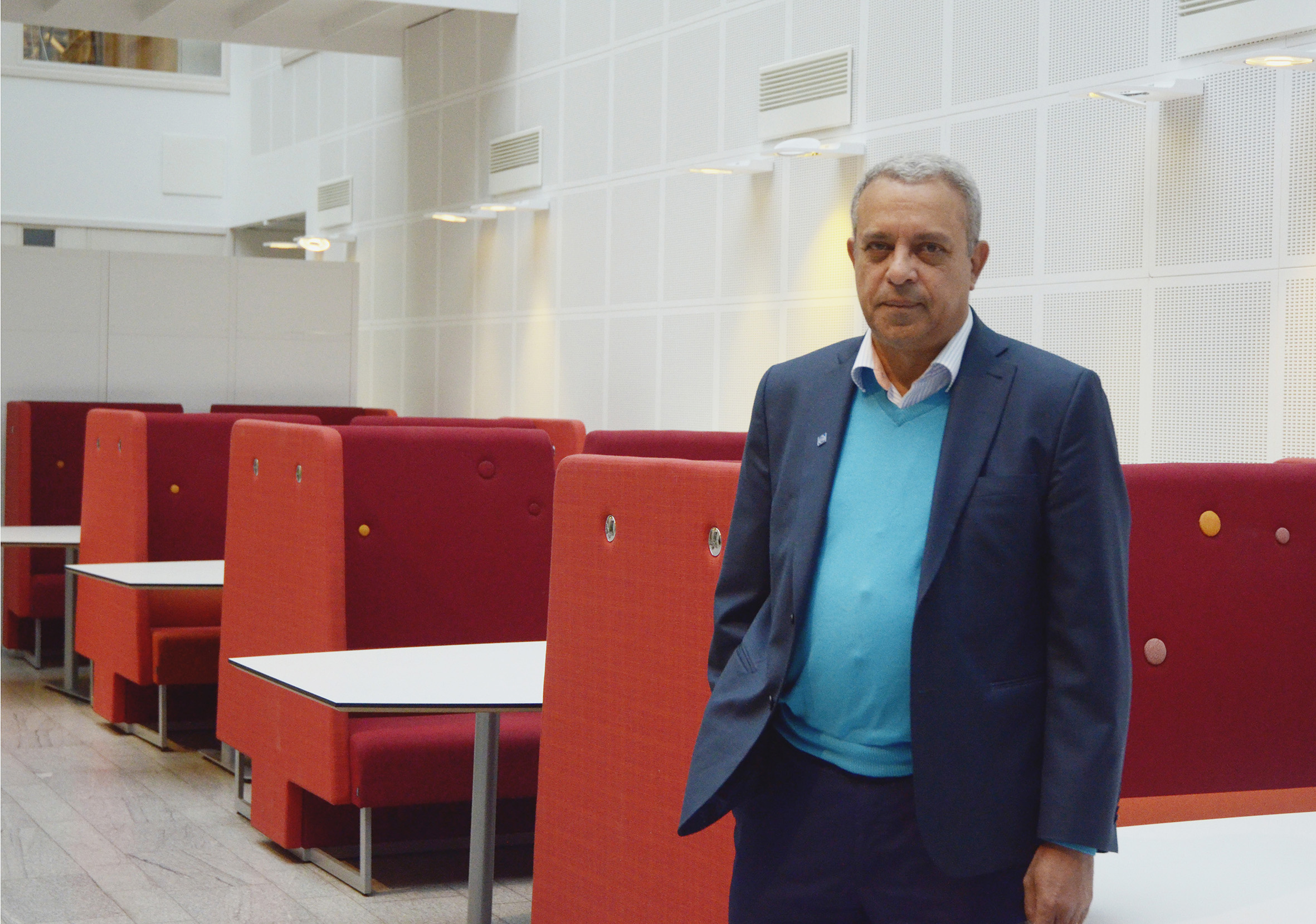Deep Analytics for Continuous Real-time Decisions
The digitization is now generating more data than we can handle, and as the data is created there is a need to immediately process the data to make split-second decisions. Seif Haridi, Professor of Computer Systems at KTH Kista has been granted 33 million Swedish corona for his research plan to build the foundations of next generation scalable big data platforms for real-time decision making.
The 33 million Swedish corona, is the biggest amount given for the six accepted projects by Swedish Foundation for Strategic Research (SFF).
— These funds mean freedom to do the research that we want to do. We have been working in the area of big data analytics platforms for five to six years, we want to go one step further and process data in real time and use it to make informed decisions, says Haridi.
The deep analytics requires operations on a huge amount of real-time data to create models that can be deployed in business intelligence, or make informed actions in applications that requires real-time decisions. Haridi´s plan outline two tracks, one focusing on machine learning algorithm development and data representations and one focusing on developing an efficient platform that combines declarative programming methods emerge linear algebra, graph processing and relational algebra and runs efficiently on a scalable dataflow runtime system.
— The ultimate goal of the Continuous Deep Analytics project is to design a platform that can continuously analyze data using machine learning algorithms and large graph processing analytics. And to be able to do the analyses and decisions in real time based on massive live data and with confidence.
With confidence, he means that many systems today cannot fully control the outcome of the analytics on the given data. He gives an example:
— If you have a system which only can answer a classification problem based on the categories given, the confidence of the results will not always be great. If you bring an elephant into a room and the classification system is just designed to either detect if it is a dog or a cat, it will say one of those two. We simply want the system to say "I do not know", says Haridi.
Seif Haridi is not only Professor at KTH, but also Chief Scientist at RISE SICS. RISE SICS and KTH are already in tight collaboration within big data research and this 5-year project will involve researchers from both parties. The new grant will also strengthen the ongoing RISE Data Science initiative, which he is confident will ensure a broader educational platform for students at KTH.
— We have already initiated a master program called Data Science systems at KTH Kista together with EIT-Digital, which will get us closer to new talented students that are eager to learn. I hope they will be our future PhD students, says Haridi.


